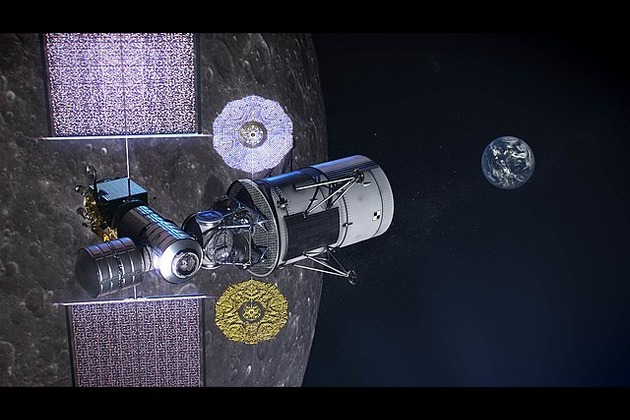Move FM Global News

Japan’s ispace moon lander crashes again in second failed attempt
Jun 11, 2025TOKYO, Japan: Japan’s hopes for a foothold in commercial lunar exploration suffered a second blow this week after Tokyo-based startup ispace confirmed its Resilience lander likely crashed on the moon.
The attempted touchdown was meant to mark a milestone for Japan’s private space ambitions but ended with lost contact and no confirmation of a soft landing.
The uncrewed lander, carrying scientific payloads worth US$16 million, appears to have suffered issues measuring its distance to the lunar surface and failed to slow down in time, ispace said. Contact was lost just under two minutes before the scheduled touchdown.
This was ispace’s second failed attempt after its inaugural mission crashed in 2023 due to inaccurate altitude recognition. While the hardware design remained mostly unchanged, software updates had been made. Still, Resilience couldn’t avoid a hard landing.
“Truly diverse scenarios were possible, including issues with the propulsion system, software or hardware, especially with sensors,” said Chief Technology Officer Ryo Ujiie.
More than 500 people — including ispace staff, sponsors, and government officials — had gathered at a Tokyo venue to witness the historic moment. Instead, a tense silence descended when the signal was lost.
Shares of ispace plunged, hitting sell-order limits and looking set to close down 29%. Still, CFO Jumpei Nozaki said the company faced “no immediate financial deterioration,” citing continued investor backing.
Resilience had targeted Mare Frigoris, a plain near the moon’s north pole, where it planned to conduct 14 days of exploration — including NASA-contracted work capturing regolith.
The mission carried a rover built by ispace’s Luxembourg subsidiary, alongside external instruments from Japanese companies and a Taiwanese university.
While a commercial success would have aligned Japan with U.S. companies like Intuitive Machines and Firefly Aerospace, both of whom achieved moon landings this year, ispace now faces a multi-year pause. Japan’s national space agency, JAXA, did land its SLIM lander in 2023, making Japan the fifth country to manage a soft lunar landing.
Despite the setback, Prime Minister Shigeru Ishiba said, “Expectations for ispace have not faded.”
The company plans to continue its efforts, with a third mission slated for 2027 through its U.S. unit under NASA’s Commercial Lunar Payload Services. Ispace aims to complete six more missions across Japan and the U.S. by 2029.


